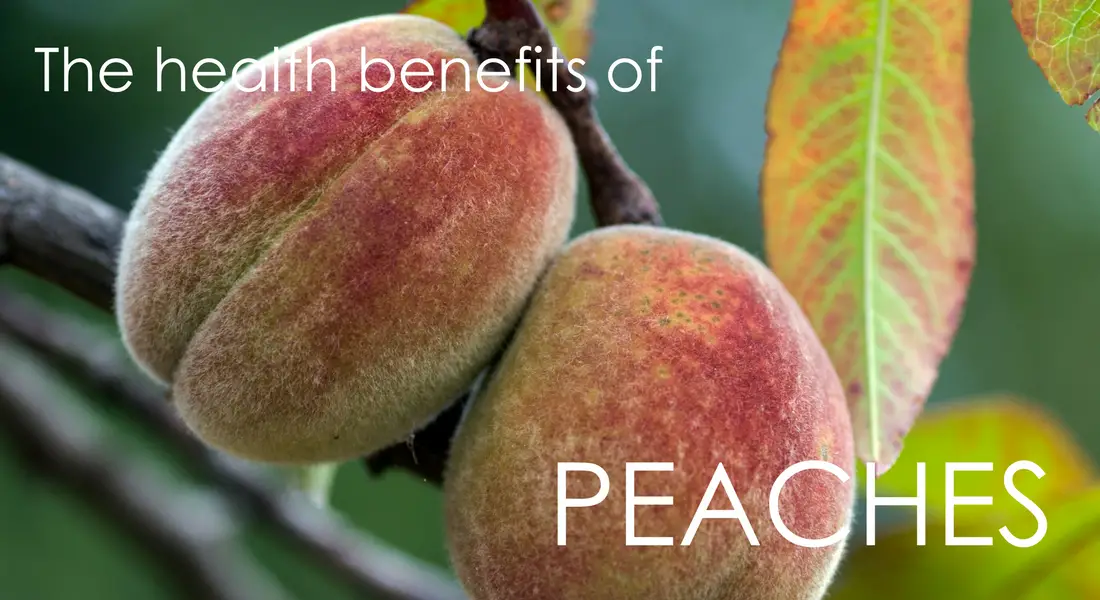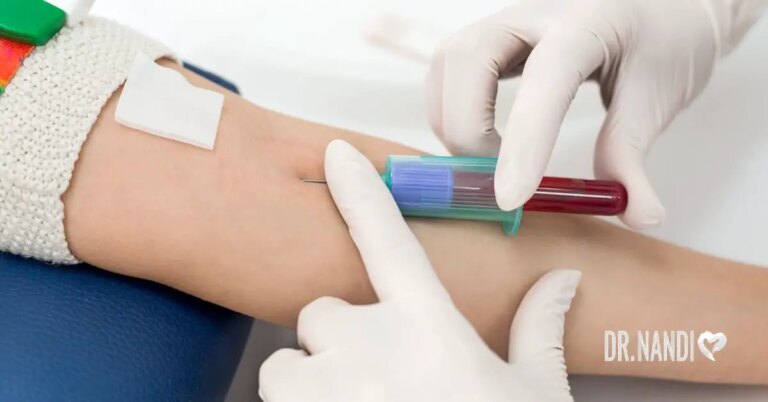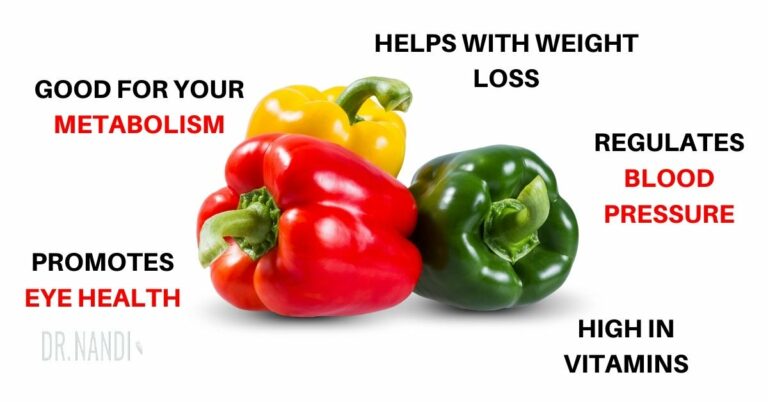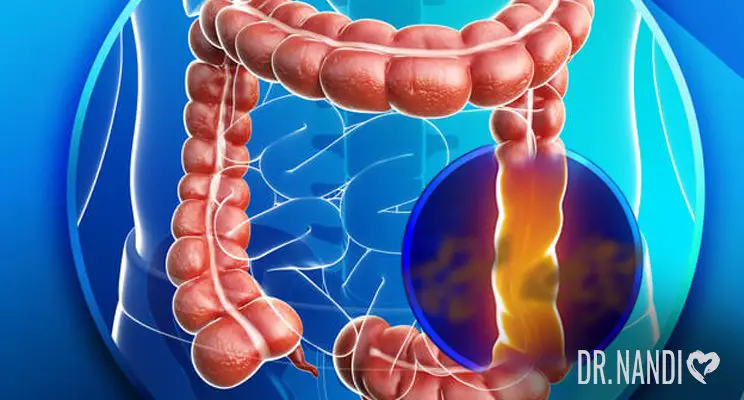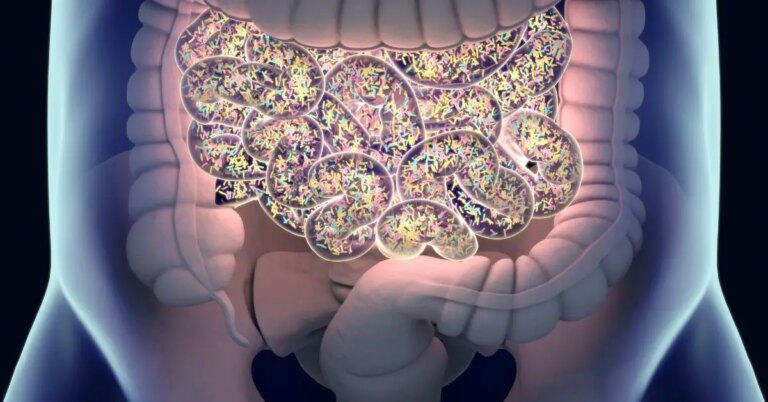Peaches are a part of the rose family, like plums, almonds, and apricots. Peaches were first cultivated in China. In China, the peach is the symbol of longevity and immortality. Other top contributors to peach production are Italy, Spain, the United States, and Greece. Georgia is also known as The Peach State because it produces some of the highest quality peaches known for their flavor, texture, and nutritional content. These fuzzy skinned fruits are as healthy as they are delicious.
Peaches Are Good for Your Eyes
The peach is high in beta-carotene, which gets converted into vitamin A. Beta-carotene is an essential player in maintaining healthy eyesight and helps to prevent various eye diseases. A recent study showed that the carotenoids lutein and zeaxanthin found in the peach positively affect reducing nuclear cataracts. The study also found that these same components in the peach help guard retinal tissue from the damage caused by free radicals and the possible injury caused by high wavelength light.
Peaches Can Help Lower Cholesterol
In the pulp and peel of clingstone peaches, you can find phenolic compounds that have been found to aid in lowering LDL levels. Recent research has shown that these compounds have been beneficial in maintaining lower levels of LDL and helping create good HDL cholesterol. Raising good HDL cholesterol levels helps to reduce the risk of developing heart disease and supports optimal cardiovascular health.
Peaches Are High in Antioxidants
Peaches contain a large dose of antioxidants which are necessary for good health. In a study done in Brazil, peaches contained chlorogenic acid, a very potent antioxidant with healthy promoting advantages. Peaches contain phenolic compounds that aid in disease prevention. Plus, peaches have lutein, zeaxanthin, and beta-cryptoxanthin, which are necessary for the healthy aging process.
Peaches Can Help Against Anemia
When someone is deficient in iron levels, they are frail, and recent studies have found that peaches are one of the best non-heme sources of iron. Non-heme is a plant-based source. At times, anemia occurs when there are low levels of vitamin C because lower levels may cause some problems with the absorption of iron in the body. Peaches contain high iron and vitamin C levels, which help combat anemia. Research has found that the body absorbs iron more effectively when you get the nutrients from a plant source when combined with a food rich in vitamin C.
Peaches Are Good for Pregnancy
Nutritionists now suggest adding peaches to the diet of pregnant women because they are a nutritional powerhouse. Studies show that eating peaches is an excellent way to take care of the nutrients you and your baby need. During pregnancy, hormones can slow down the movement of the intestines, which can lead to serious constipation. Peaches are high in fiber content which helps to keep your intestines healthy and moving properly. Plus, peaches are rich in folic acid, which is crucial for developing a healthy baby, and folic acid is known to help prevent severe congenital disabilities.



